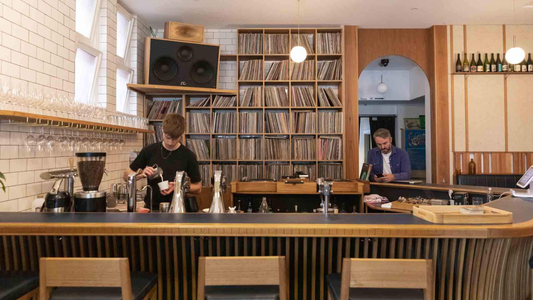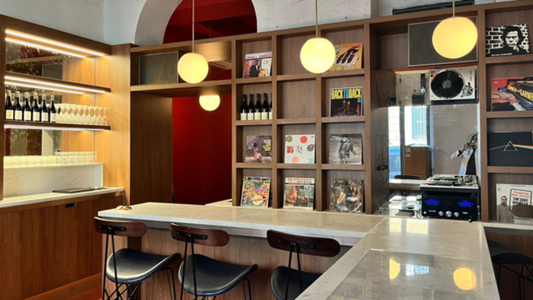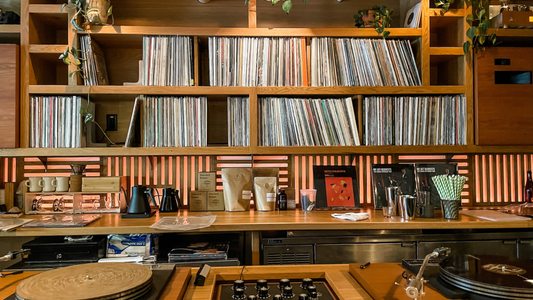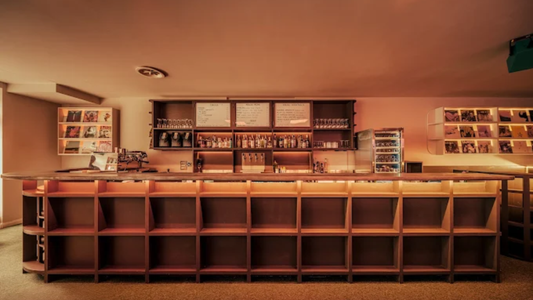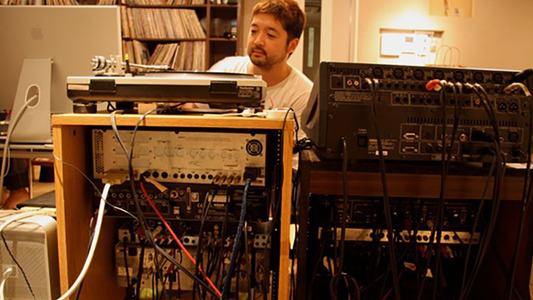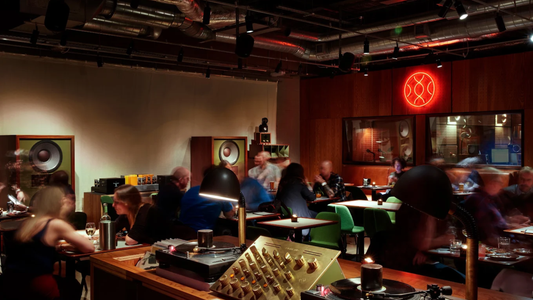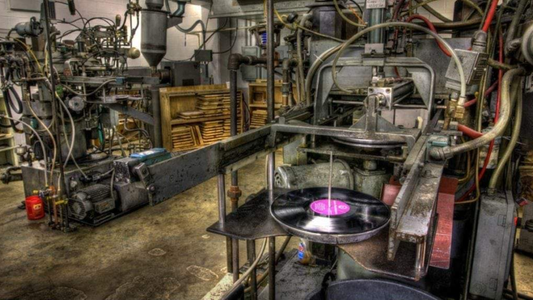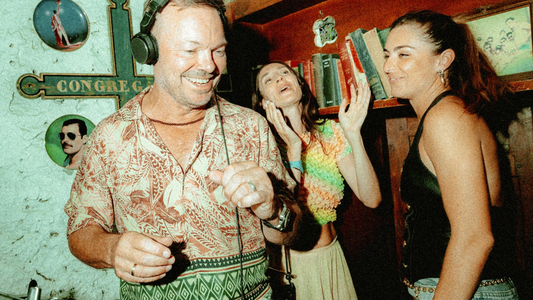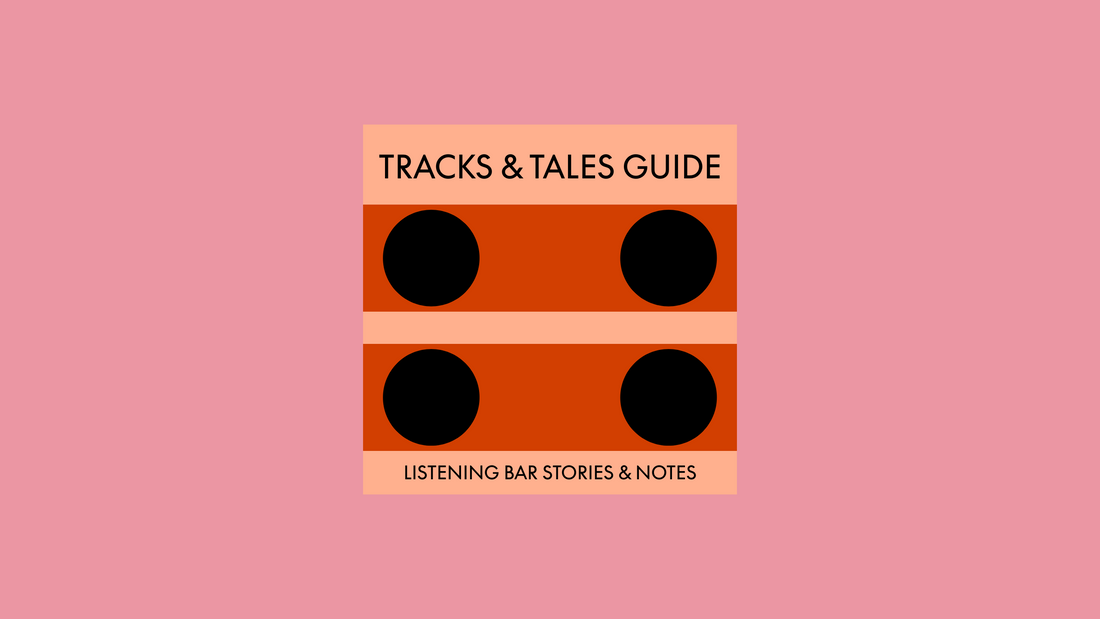
Is It Worth Booking a Table at a Listening Bar?
On patience, scarcity, and why the best seats are often the quietest.
By Rafi Mercer
The anticipation of a listening bar often begins long before the record spins. Sometimes it starts with a reservation made weeks in advance; other times, it’s the thrill of slipping through an unmarked door and finding a seat at the bar without warning. Either way, access has its own rhythm, and knowing whether to book can shape the entire experience.
Listening bars are intimate by design. They are not built for scale — no cavernous dancefloors, no sprawling rooftops. Instead, they favour dim basements, narrow rooms, loft-like hideaways. Sound works best in small, precise spaces, and that means seats are limited.
Why you might want to book ahead:
- Small capacity — most listening bars hold only a handful of tables.
- Prime seats — the best positions align directly with the speakers.
- Special nights — guest DJs or album playbacks fill fast.
- Peace of mind — a booking lets you settle straight into listening.
- Global hotspots — Tokyo, London, and New York venues often sell out.
Booking ensures you’re not left at the edges. Sit too far from the sweet spot and the room loses its geometry; voices muddle, bass drifts. A well-placed table, on the other hand, feels like slipping into the centre of the record itself. Owners and curators often shape the room around these points, where the soundstage locks perfectly.
In Tokyo, booking is almost essential. Bars like Eagle or Studio Mule can be tiny, with regulars filling the best seats. In London and New York, it depends on the night. Weekends tend to demand a reservation; midweek, you might chance a walk-in and find yourself with space to breathe. In Berlin, some venues lean towards open-door informality, while Paris prefers the salon-like model where a booking is as much a statement of intent as it is a guarantee of entry.
Yet there’s something to be said for the unbooked evening. Arriving without a reservation carries risk, but also romance. You might find the last two stools at the bar, order a whisky highball, and discover a record you never expected. Some of the best listening experiences happen in these accidental moments, where serendipity shapes the soundtrack.
So is it worth booking a table? Yes — if you want certainty, if you value the sweet spot, if the night matters. But leave room for the walk-in too. A listening bar is, after all, about surrendering control. The needle may jump, the record may surprise, and the seat you find — whether reserved or stumbled upon — will shape how you hear the night.
Quick Questions
Do you need to book a listening bar in Tokyo?
Almost always. Spaces are small, and regulars often claim the best seats.
Can you walk into a listening bar without a reservation?
Yes, especially midweek. But prime nights and popular cities often fill quickly.
Why book at all?
Because the best tables are designed for sound. Booking puts you in the room’s sweet spot.
Rafi Mercer writes about the spaces where music matters. For more stories from Tracks & Tales, subscribe, or click here to read more.
